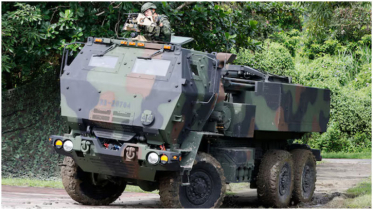Bangladesh likely to get higher RMG orders than China_ Vietnam
Bangladesh is likely to receive more apparel orders from US clients than from China_ Vietnam and other competitors over the next two years_ said a study.
Some 55 per cent of the US apparel bigwigs were interested in increasing sourcing from Bangladesh until 2024_ a report published by the United States Fashion Industry Association (USFIA) said.
US fashion companies planned to increase their sourcing value from India followed by CAFTA-DR region (Costa Rica_ El Salvador_ Guatemala_ Honduras_ Nicaragua and Dominican Republic) and Bangladesh_ said the report.
Mexico ranked the fourth_ while Indonesia and Vietnam tied for the fifth position on the list of destinations from where the US buyers plan to increase sourcing.
USFIA Fashion Industry Benchmarking Study is a survey of executives from over 30 leading fashion brands_ retailers_ importers_ and wholesalers_ including some of the largest brands and retailers in the country.
More than 85 per cent respondents in the survey plan to cut their cotton apparel imports from China_ while 45 per cent said they will further reduce non-cotton apparel imports.
Asia remains the dominant sourcing base for US fashion companies.
Almost all the top ten most-utilized apparel sourcing destinations in 2021 are Asia-based_ led by China (91%)_ Vietnam (88%)_ Bangladesh (84%)_ and India (72%).
A new record of 50 per cent of respondents has sourced more from Vietnam than China in 2022.
Supply chain disruptions remained a major challenge over two years into the global pandemic. Almost all the survey respondents said shipping delays and supply chain disruptions are one of their top business challenges in 2022.
Over 95 per cent of respondents expect implementation of the Uyghur Forced Labor Prevention Act (UFLPA) to affect their company's sourcing.
Around 92 per cent respondents do not plan to reduce apparel sourcing from Asian countries other than China.
.png)




